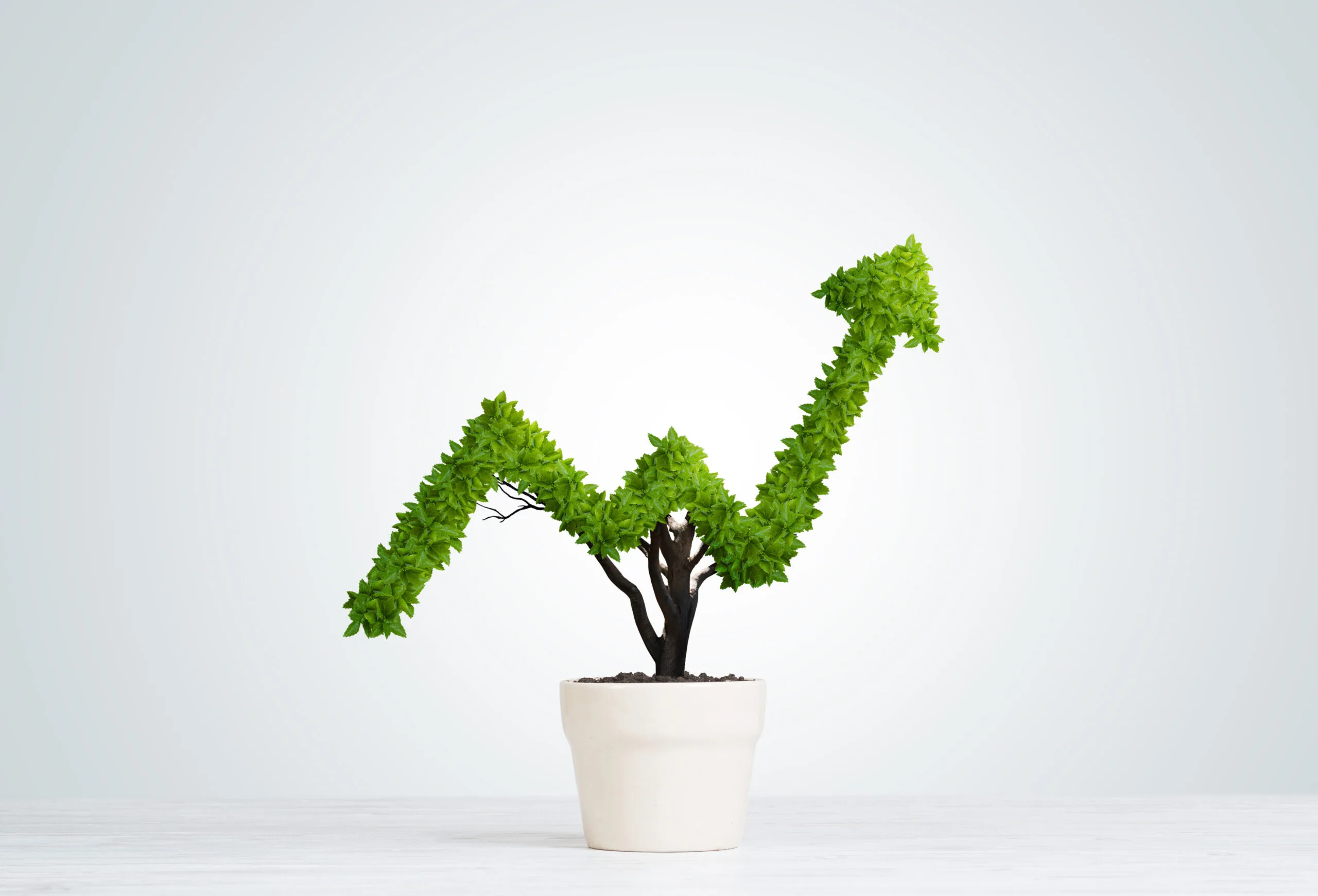Brussels – To have a safe, secure, and sustainable Europe, one must not forget the importance of having solid scientific input, such as that of geology. The heart of the political manifesto for European competitiveness presented by the EFG, the European Federation of Geologists, focuses precisely on the need to combine Europe’s future challenges, such as competitiveness, with science.
During a high-profile policy dialogue in Brussels yesterday (Nov. 21), geologists’ willingness to contribute to the major issues in the EU, such as climate change, was reaffirmed. “We want to be at the heart of the institutions. We need to figure out how to serve society best,” said Rudi Ruggeri of the National Council of Geologists. For Ruggeri, the first challenge to be addressed will relate to the green transition and the jobs that may be lost to decarbonization.
An appeal to “be heard more”, for which Ruggeri is the mouthpiece, to the European institutions, who were present on yesterday’s occasion at the European Parliament along with representatives of 27 national geoscience associations, as well as delegates from important international partnerships.
“The crucial point of this event is the key role of geologists in Europe. Geologists are the starting point of the whole process in the supply chain of raw materials,” said Davide Govoni, president of the Federation.
Not only was competitiveness discussed in the EFG panel, but climate change, sustainable resource management and the energy transition. Once again, the important role of geological sciences with regard to natural hazard prevention, as well as resource security and European economic growth, with a focus on critical materials, was emphasized.
“We must invest in geology from the beginning. Investing in geology offers a return of up to a thousand times the investment. By prioritizing geology, we can improve our competitiveness and well-being,” continued Govoni.
“As Draghi said, Europe must strengthen its strategy. We can offer quick cooperation, especially in decision-making, and guarantee the highest professional standards,” said Janos Szanyi, coordinator of the expert panel at EFG on geothermal energy. Just about this, Szanyi continues, “A greater investment in innovation is needed to achieve our goals. Geothermal energy is a leading candidate for diversifying the energy supply. By 2050, it should cover more than 35 per cent of Europe’s heating supply.”
There is no shortage of commentary on the lack of European independence regarding critical materials by Lega MEP Susanna Ceccardi, who attended the event. “The energy transition and the fight against climate change represent epochal challenges for Europe, but they must be approached with pragmatism and a clear vision,” said Ceccardi.
“Europe is dramatically dependent on third countries, such as China, for the supply of critical raw materials essential for key energy transition technologies, such as electric batteries and solar panels,” Ceccardi added.
In the context of major global changes, Europe is “at a critical turning point,” and without decisive action, the risk of jeopardizing the global future is high. Responding to this call, the EFG and its national associations, in the manifesto, said they are ready to work with European institutions to ensure timely and effective translation of European policies into national action, focusing on fostering a sustainable future for all Europeans and the global community.
English version by the Translation Service of Withub


![[foto: Centro studi e ricerche del Parlamento europeo]](https://www.eunews.it/wp-content/uploads/2022/09/green-deal-economic-impact.png.webp)




